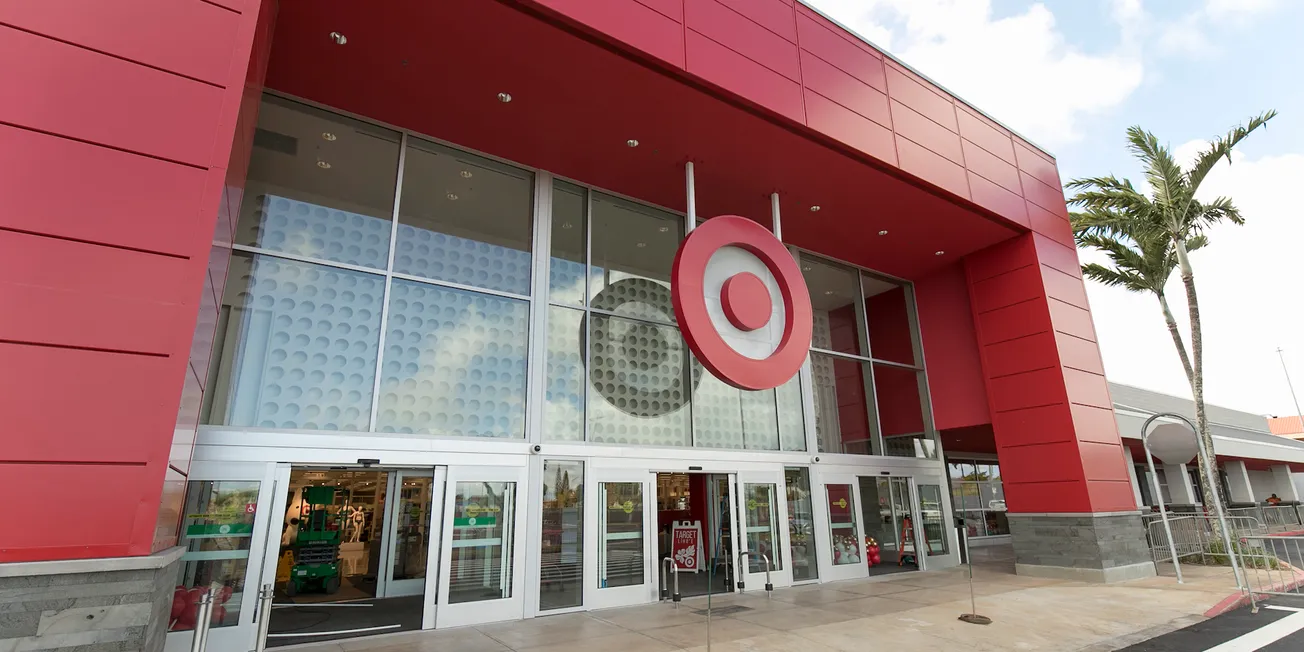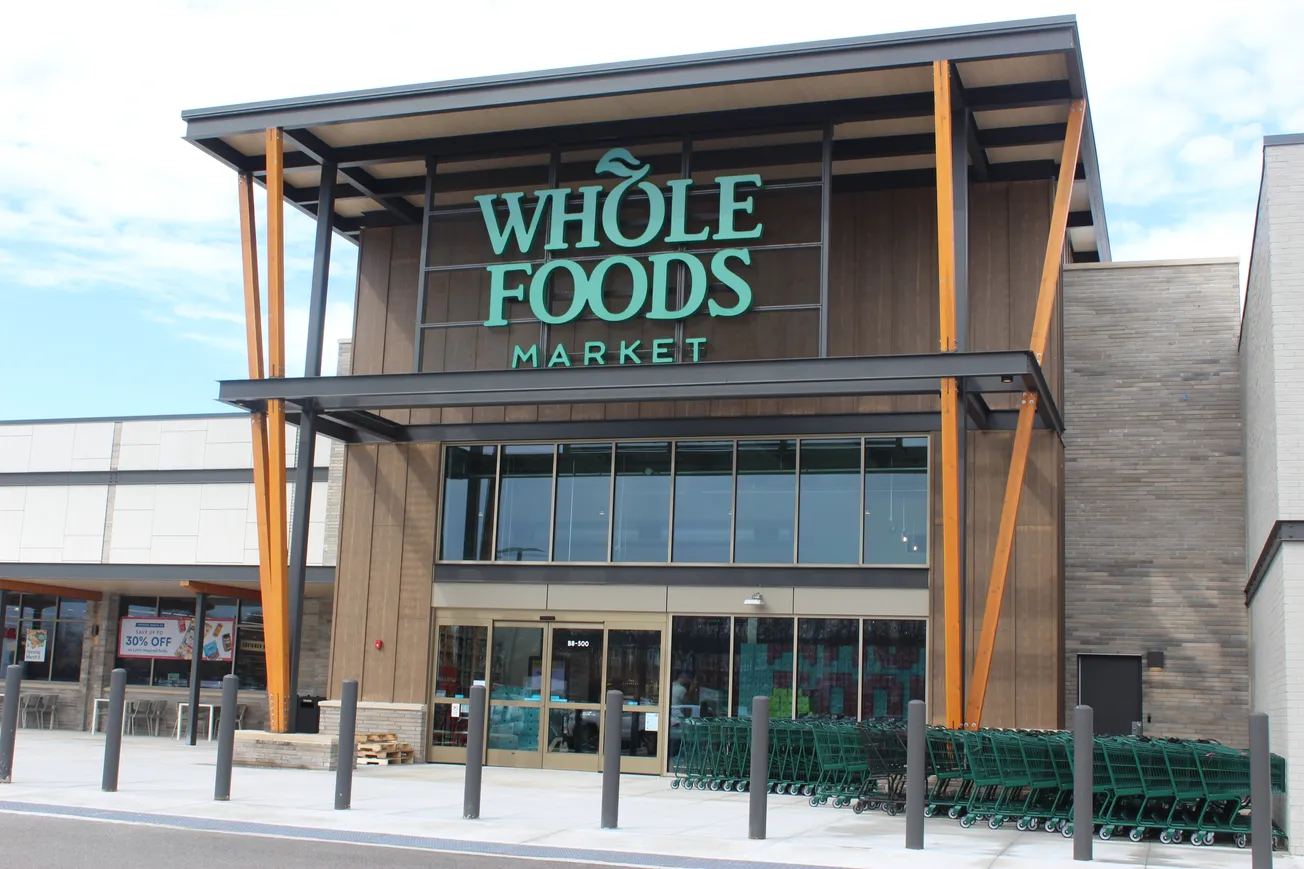ZAANDAM, the Netherlands — Ahold Delhaize reported better-than-expected first-quarter sales, driven by strong performances by its U.S. businesses.
The company’s U.S. operations, which include the Food Lion, Stop & Shop, Hannaford Bros., the GIANT Co. and Giant Food chains, posted net sales of €13.5 billion ($14.8 billion) for the quarter, an increase of 5.7% at constant exchange rates and up 10.5% at actual exchange rates. U.S. comparable sales excluding gasoline increased by 6.2%. Excluding weather and calendar shifts, U.S. comparable sales would have been 8.1%. The company said all its U.S. brands have momentum, led by Food Lion, which delivered its 42nd consecutive quarter of positive sales growth.
In Q1, online sales in the segment were up 11.9% in constant currency driven primarily by over 20% growth at Food Lion and The GIANT Company, which both opened four new click-and-collect locations during the quarter.
“The U.S. brands continue to deliver consistent and strong performance,” Ahold Delhaize president and CEO Frans Muller said. “In the quarter, comparable sales grew by 8.1%, excluding weather and calendar shifts. We also delivered a strong underlying operating profit, driven by better shelf availability, as supply chains are much improved compared to a year ago. It is clear that customers are finding great value through our brands’ various omnichannel propositions. During the quarter, the loyalty programs at Food Lion, Stop & Shop, and Giant Food were named among ‘America’s Best Loyalty Programs 2023’ by Newsweek.”
Underlying operating margin in the U.S. was 4.8%, up 0.4 percentage points at constant exchange rates from the prior year period, building on the strong performance in the prior quarter and higher on-shelf availability resulting from improving supply chains. In Q1, U.S. IFRS-reported operating margin was 4.7%.
Net sales for the entire company were €21.6 billion ($23.7 billion), an increase of 6.3% at constant exchange rates, and up 9.4% at actual exchange rates. Group net sales were driven by comparable sales growth excluding gasoline of 6.2%, and, to a lesser extent, by foreign currency translation benefits. Weather and calendar shifts, and, to a lesser extent, strikes in Belgium, had a negative net impact on the group’s comparable sales increase of approximately 1.8 percentage points.
On March 7, Ahold Delhaize’s Belgian brand, Delhaize, announced its intention to transform all of its integrated supermarkets in Belgium into independently operated Delhaize stores to strengthen its position in the country’s competitive retail market. Ahold Delhaize said the transformation into one aligned operating model will allow the brand to better serve customers in the long term. By having all stores operated by local entrepreneurs in the future, Delhaize will have a better opportunity to respond to local conditions. Following the announcement, Delhaize Belgium has been impacted by strikes. Excluding the impact of strikes, Europe’s comparable sales increased by 7.7%.
Looking ahead, Muller is upbeat about the company’s strategy and prospects.
“As we look to the next quarters, our strong global portfolio of number one and number two local brands provides ample opportunities and cushion to navigate the environment,” he said. “In the U.S., our brands are well positioned as inflation levels start to moderate. In Europe, although inflation rates remain in the double digits, our brands are taking the right measures to continue to raise the bar competitively to drive long-term relative market share gains. While some of these actions, like those initiated by Delhaize Belgium, take a lot of courage and are disruptive in the short term, I am confident these measures will also ensure the long-term success of our brands, for the benefit of all our stakeholders.”










